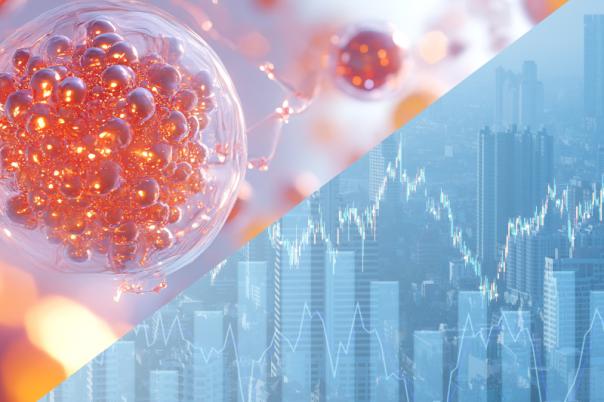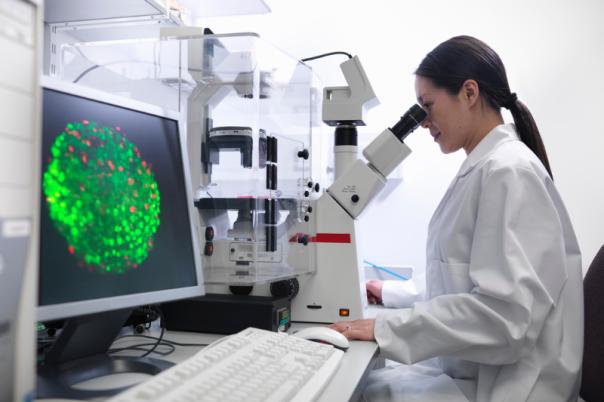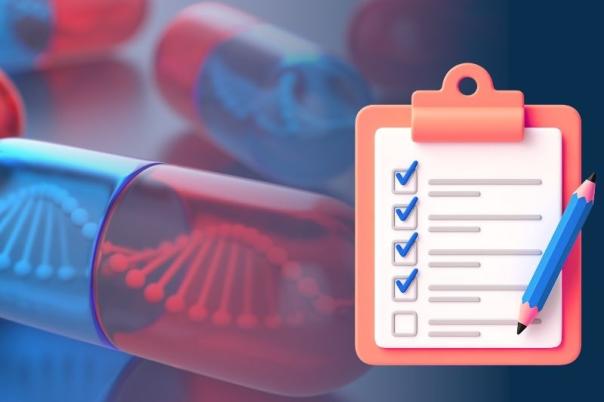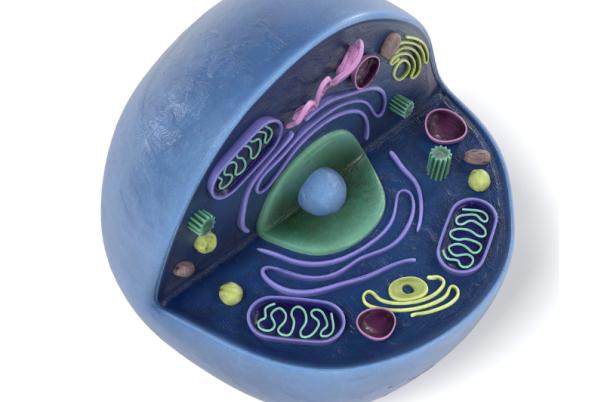This presentation provided a comprehensive overview of the advancements and challenges in autologous manufacturing. Marc Schneider, Director Product Supply at BioNTech, began by introducing the concept of autologous manufacturing, a complex field compared to traditional biologics. Unlike biologics, which can serve thousands of patients from a single batch, autologous therapies involve a more intricate process where patient material is collected, processed, and returned to the same patient.
Schneider highlighted two primary challenges: high manufacturing costs and process complexity. He discussed the critical role of automation and digitalisation in addressing these challenges. Automation and digitalisation were presented as essential for scaling up autologous manufacturing to meet the demands of tens of thousands of patients, making the process more efficient and cost-effective.
Providing a cost breakdown, Schneider showed that input materials, particularly viral vectors, were the primary cost drivers. He noted that automation could significantly reduce labour costs, which was another major expense. Also important is considering both manufacturing and quality control (QC) processes when implementing automation and digitalisation.
The presentation then explored various equipment and technologies available for autologous manufacturing, including end-to-end and parallel manufacturing solutions. Schneider discussed the strengths and weaknesses of different systems, such as closed systems like Cellares and modular systems like Cellular Origins. He also mentioned emerging microfluidic solutions, which could reduce costs by decreasing the amount of input materials needed.
Finally, Schneider introduced bedside approaches, which involve minimal manipulation of cells and rely on in vivo expansion. These approaches were presented as a simpler and potentially transformative method for cell and gene therapies. The presentation concluded optimistically about the future of autologous manufacturing and its potential to revolutionise the cell and gene field.






